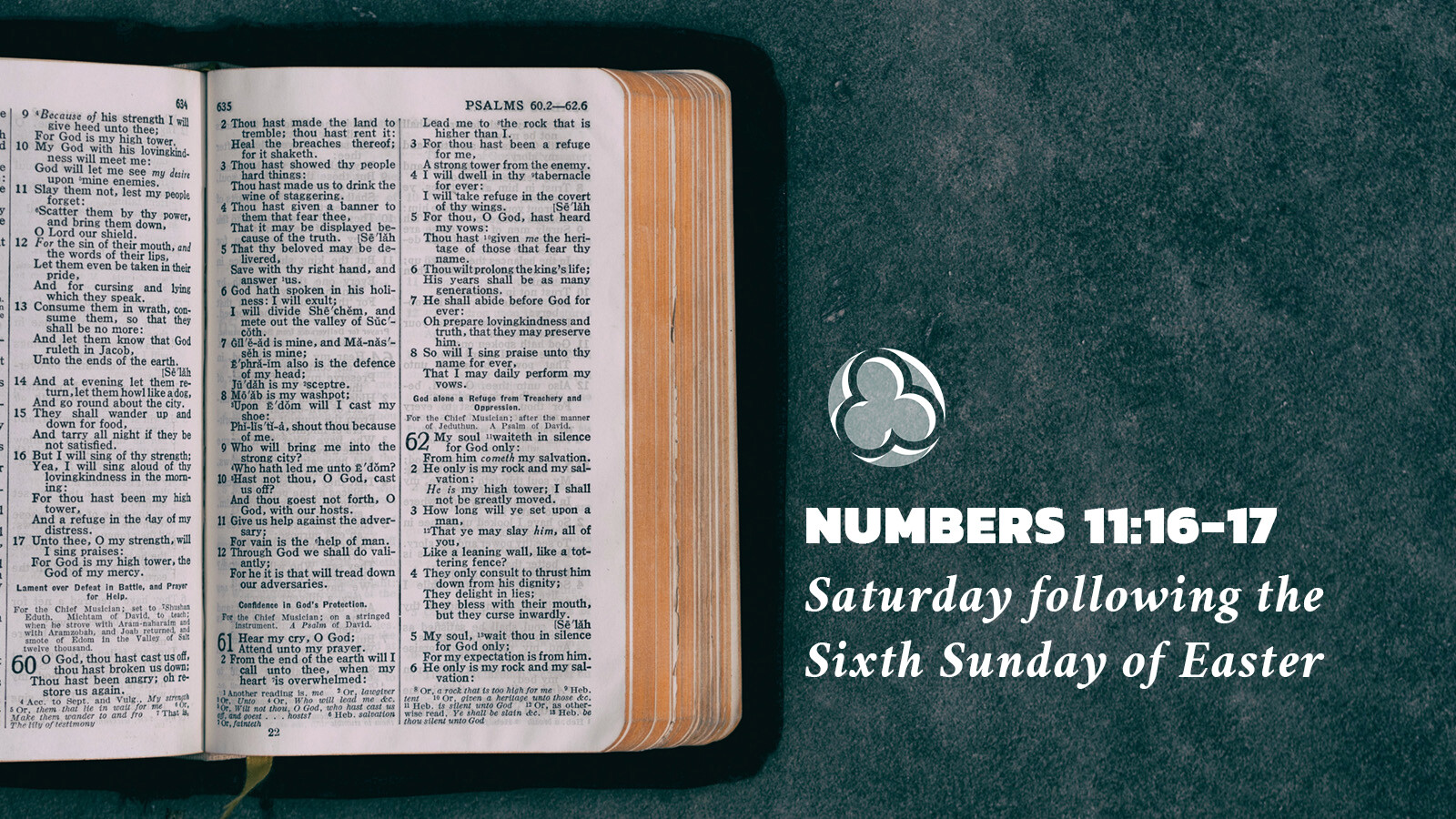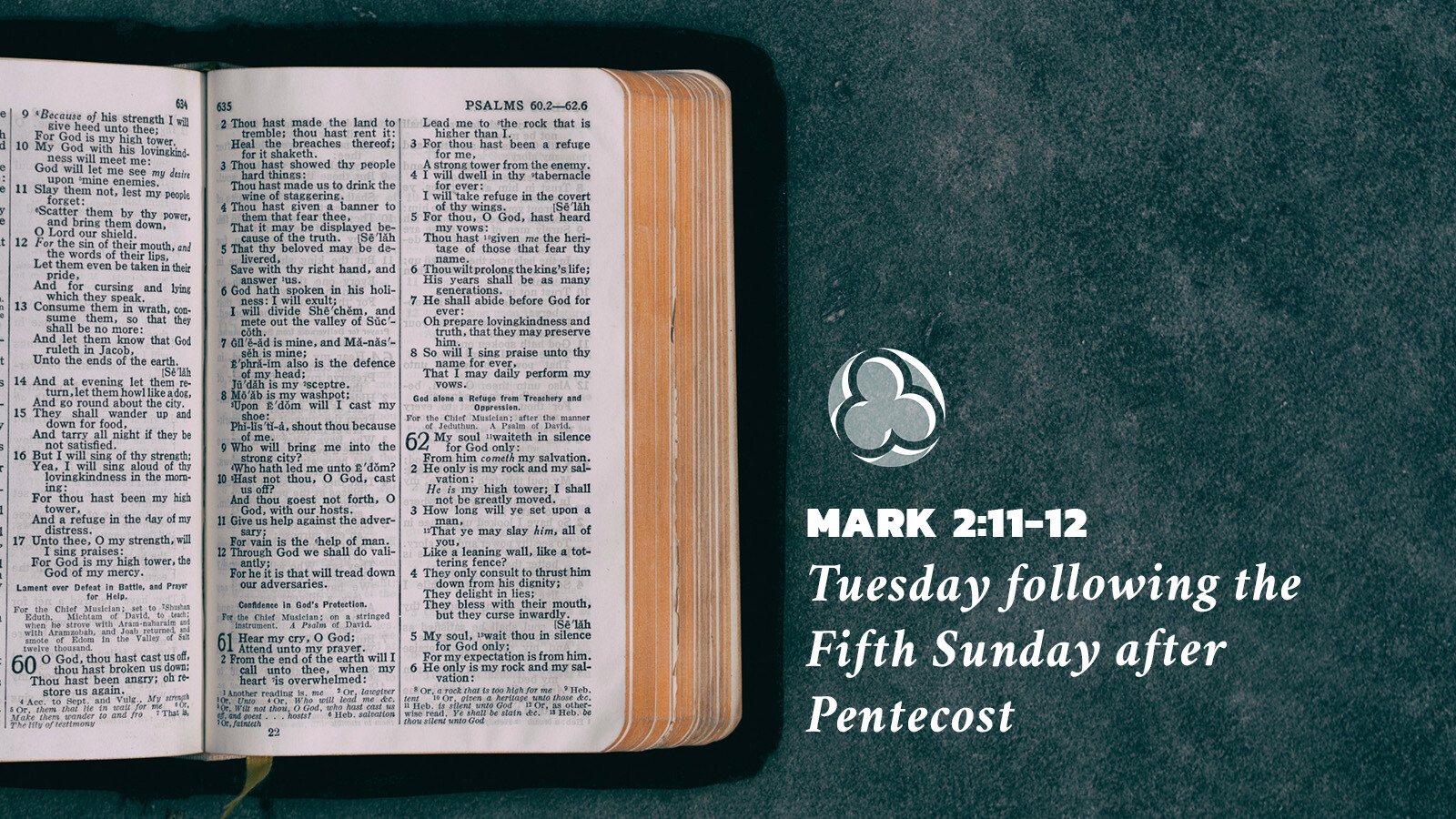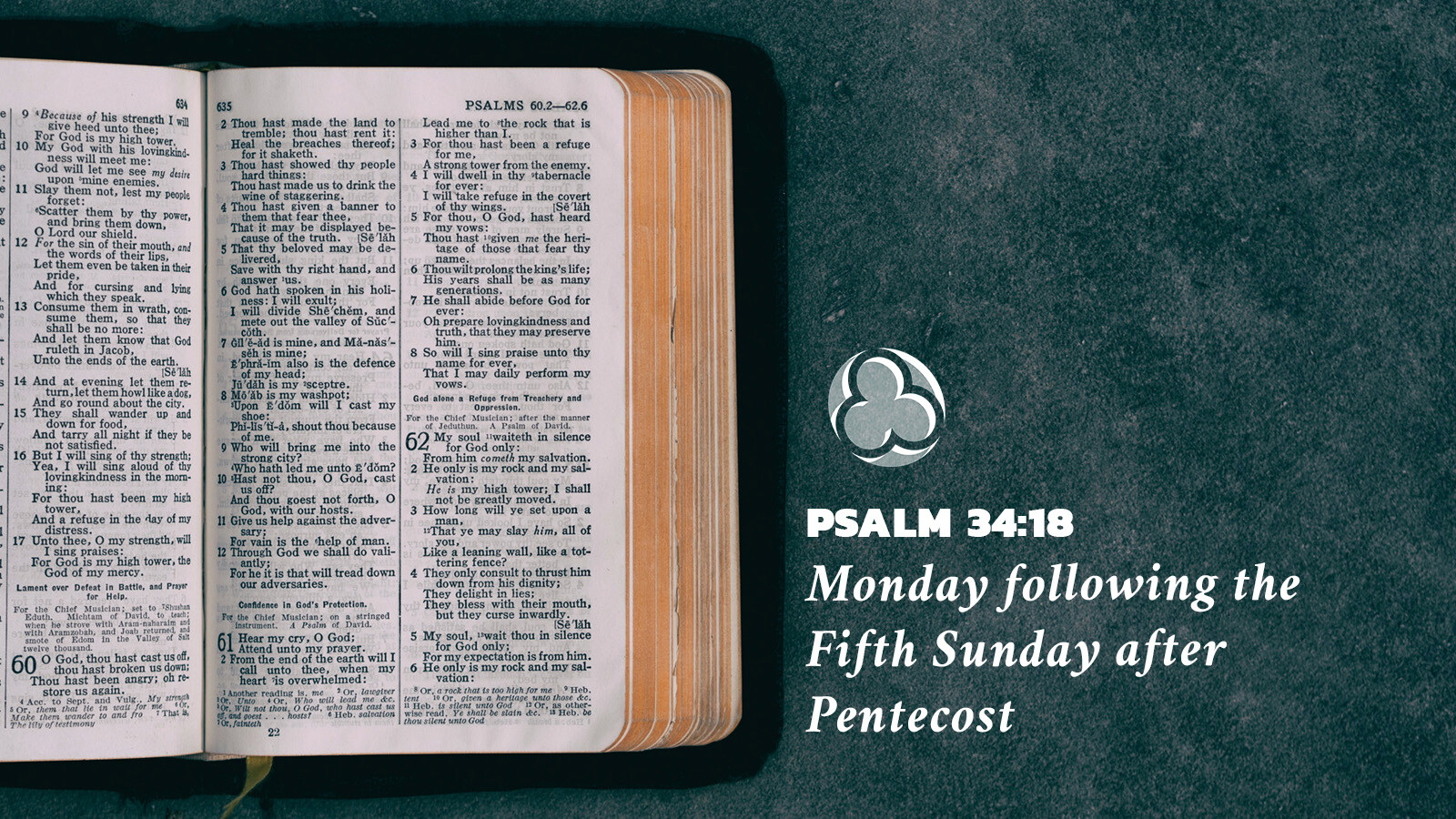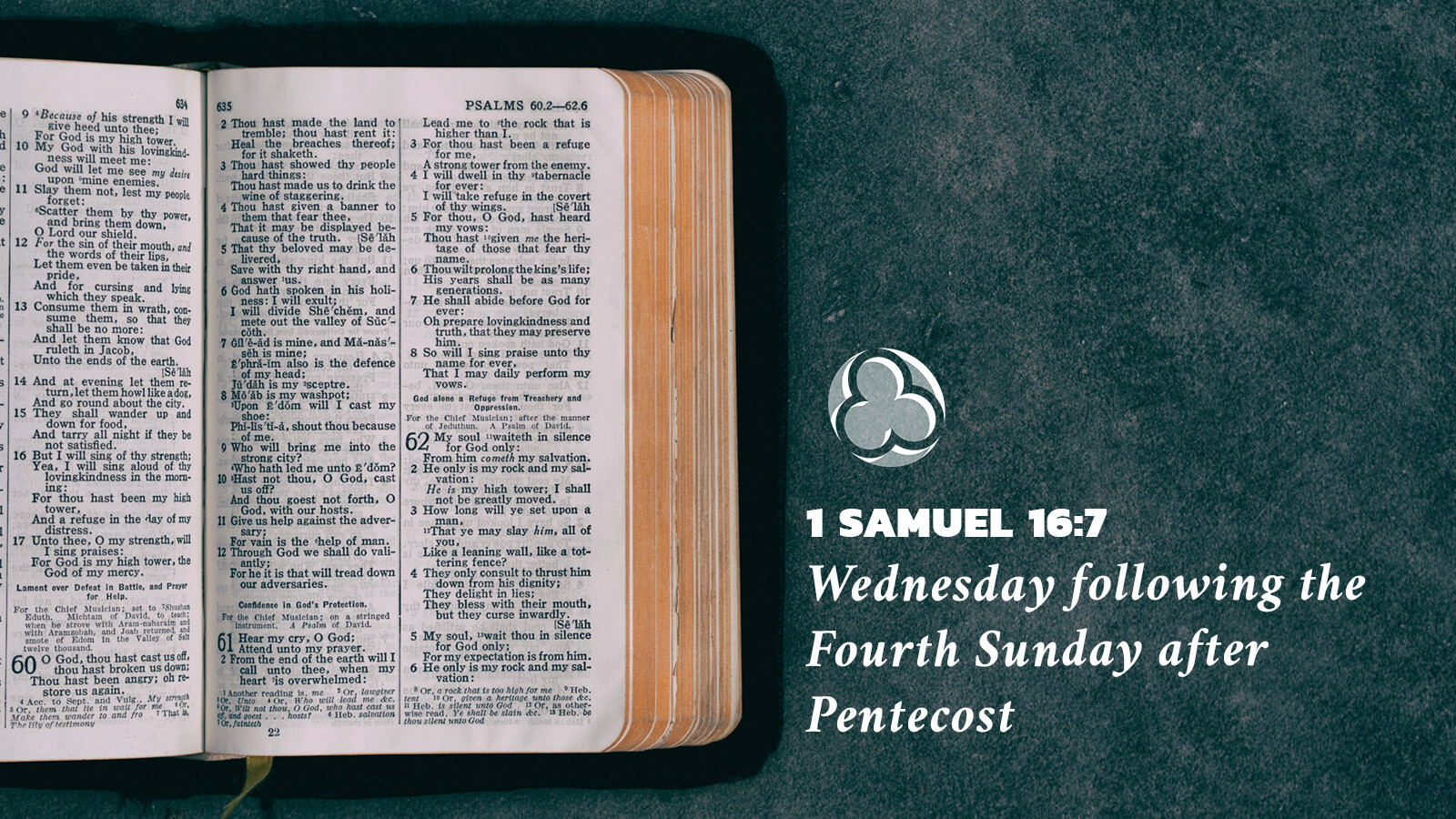
So the Lord said to Moses, ‘Gather for me seventy of the elders of Israel, whom you know to be the elders of the people and officers over them; bring them to the tent of meeting, and have them take their place there with you. I will come down and talk with you there; and I will take some of the spirit that is on you and put it on them; and they shall bear the burden of the people along with you so that you will not bear it all by yourself.
-Numbers 11:16-17
It was a hot July Saturday in an un-airconditioned ballet studio above Chapel Street in New Haven, CT. I was in the fourth summer of my time studying classical ballet; it was a gift I had given myself for my 30th birthday because I thought I was getting old and had betrayed a long-held curiosity.
I sweated in an advanced adult workshop in improvisational dance. We were asked to select a paper note from each of two bowler hats. I drew “Prokofiev, Romeo and Juliet” and MMFF. This meant I would collaborate with another male dancer and two ballerinas. The studio pianist would overlay onto our dance, music from our given classic ballet. The assignment was the same for all the ensembles: to improvise a two-minute (or less) dance to diagonally cross the studio and tell a story.
Our dance looked like this. For the first third of the distance across the floor Kai, the other male dancer and I performed slow motion Tai Chi passage to the center of the room. My weight and my posture were always backward-leaning. Kai gracefully guided my reluctant motion toward the first ballerina, Beth, who waited calmly at the center point. When I reached her, I whispered, “you are the strong one; dance me from past-leaning to promise-reaching.” She shifted my posture and my point-of-view; shaping my carriage, dancing me to the ¾ point of the room. Beth released me toward Dee, the second ballerina. Dee had waited, watching the evolving dance, fifth position, arms open. Within two, (forward-moving) Piqué turns the dance ended in an embrace, held until the piano went silent. It was, for our ensemble, and for the class, an emotional moment.
The class guessed it was a boy-girl story of reluctance. I explained it was about shedding one’s attachment to the circumstances that overwhelm us, long enough to accept the waiting help of ordinary people, keepers of wisdom and hope; to guide us to reach for the redemption of God’s love.
Years later I thought of that afternoon when I was asked to be available for one-on-one intercessory prayer in the narthex during communion. I thought I was being asked to be a waiting keeper of wisdom and hope to beloveds whose pain was pushing them toward the narthex and to the open arms of God. No, it was not like that at all. Like Moses, I was asked to say, “Here am I” and simply be present. Like Moses, I knew I did not personally have the words. God wanted my willingness, not my words. In all matters where I am presented with the pain of beloveds, I am not a fixer. I am a fellow seeker, ready to dance God’s people from past-leaning to promise-reaching according to God’s dance score alone. His are the words. His are the steps and the moves. His is the ultimate embrace we seek that does not end; even after the piano goes silent.
Musical Reflection - Tomorrow Will be My Dancing Day - Paul Winter Consort
Lord, help me to cultivate the willingness to care for your lambs and dance your children into Joy. You are the Lord of the Dance. Cultivate my hunger for the beauty of your choreography. Amen.






Login To Leave Comment